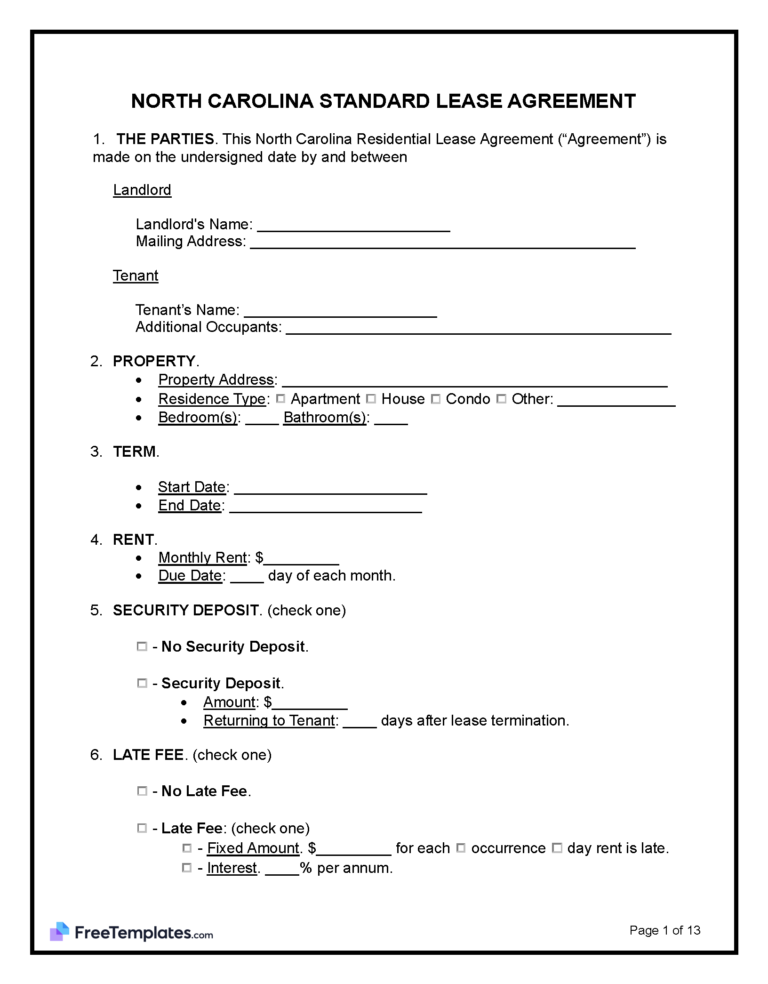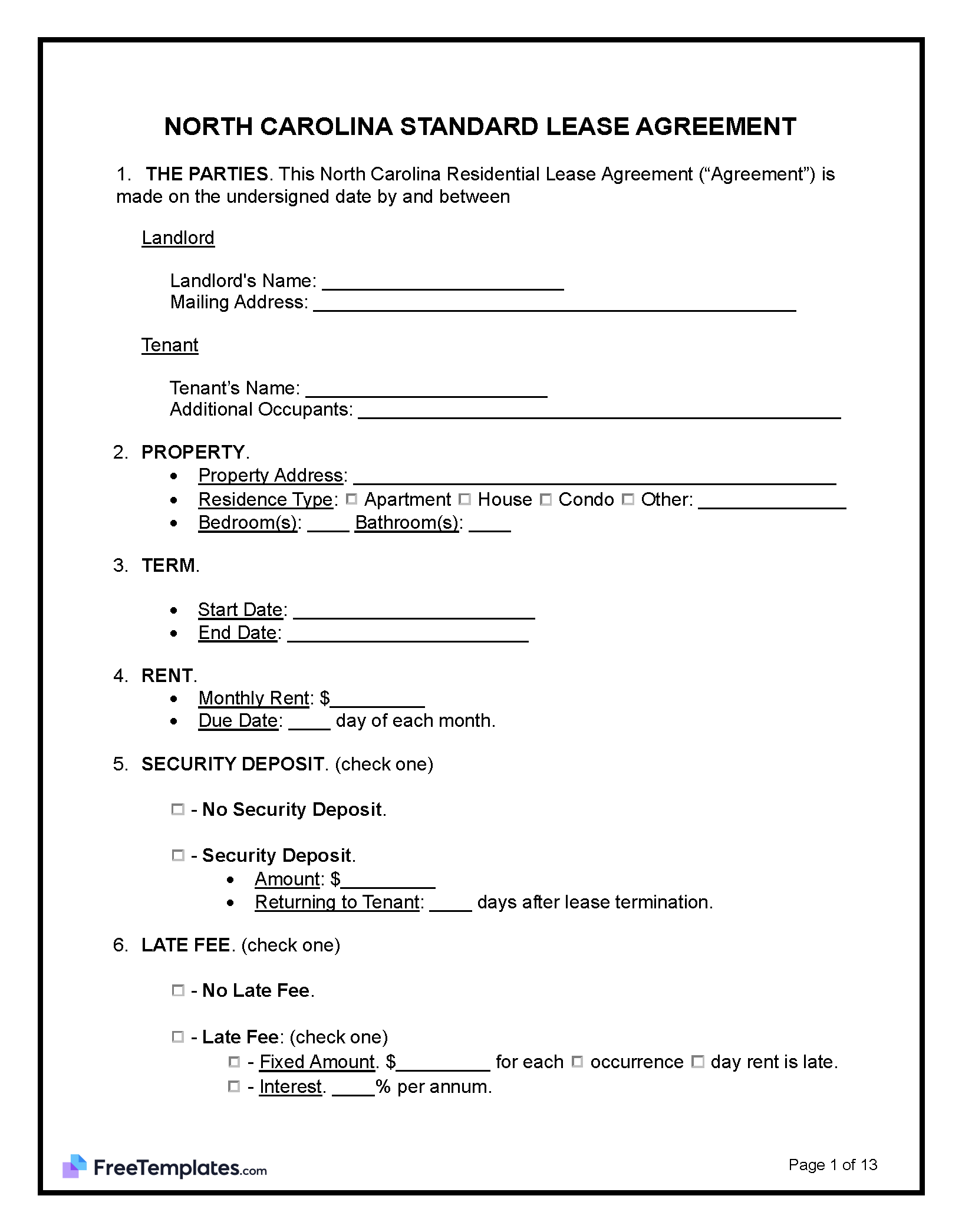Disclosures
Lead-Based Paint Disclosure – This informative packet notifies the tenant of the dangers of toxic lead paint and must be given to anyone renting a home built before 1978.
Security Deposit Receipt – The tenant must be informed where the security deposit is being held and receive a receipt within 30 days of the lease’s start. (§ 42-50)
Rent Grace Period
Security Deposit
Maximum Amount – The maximum amount a landlord may charge a tenant for a security deposit is two months’ rent. (§ 42-51(b))
- Exception – Month-to-month leases have a maximum security deposit amount of one and one-half months of rent.
Returning – The landlord has 30 days to return the security deposit to the tenant. (§ 42-52)
- Deductions – If deductions are made to the security deposit, they must be listed and given to the tenant. (§ 42-52)
- Tenant Doesn’t Forward New Address – If the tenant does not update their address with the landlord, they may forfeit the funds after 6 months.

